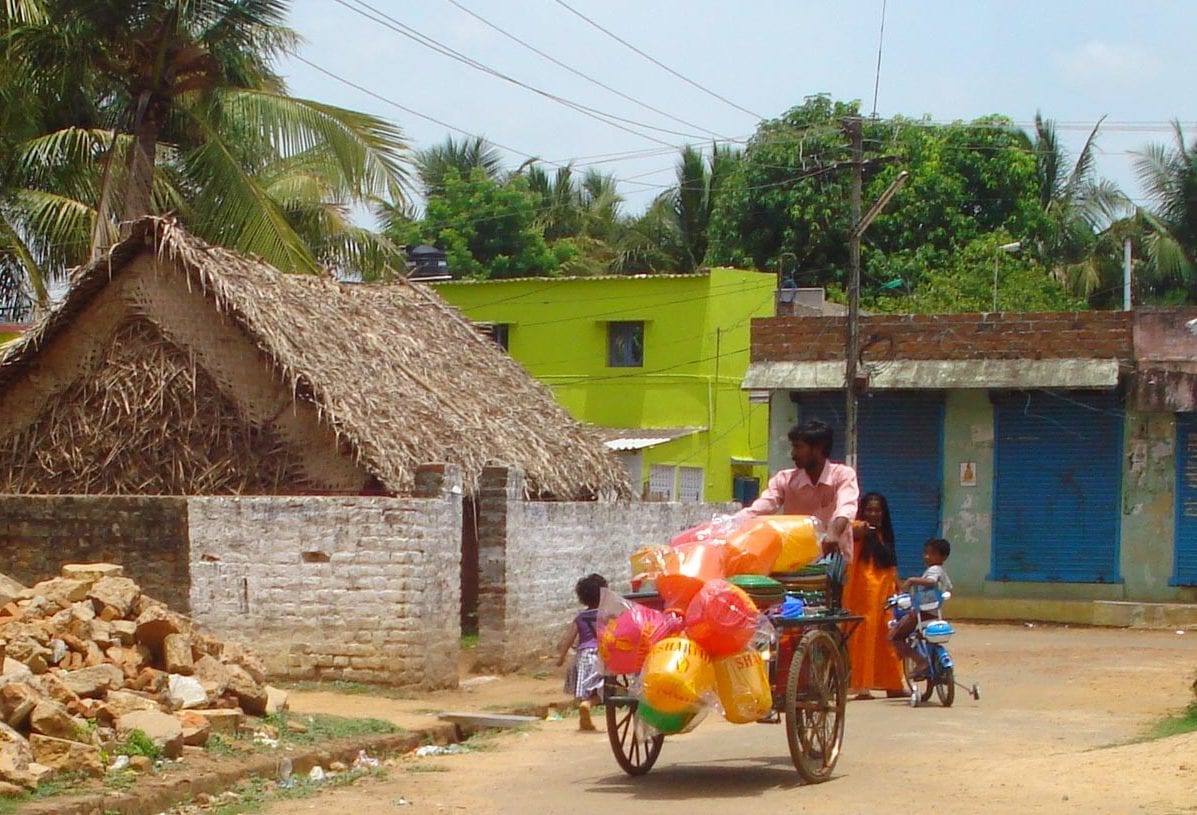
These days I am traveling through Cuba, where I have gone alone with a large notebook and a pen that by the time you read this it may be over. For that reason, and because I always do it when I can't write ,, I can't think of a better way to encourage you to disconnect than through letters, more specifically through literature to travel. The following story, 21 Princess Street, was written during a trip to India, where we met many people, including the man with a fictitious name who stars in the following reading.
We travel?

Iravan had no wife or children. His only hobby was staring into the street with a blank stare and a beta smile, the kind that never dimple. He inspired me with tenderness and some sadness, but I still didn't know why. After telling me about the monsoon and a West that he secretly sighed for from the sidewalk, he invited me into his house, leaving the door ajar. The inside of the house looked like an antique shop with the smell of massala. There was a secluded bicycle in the corner of the room, a colorful sculpture of Lakhsmi, and a sofa that some English Raj officer must have forgotten in his exotic garden centuries ago. A magenta curtain protected a dark-camouflaged outbuilding at the end of a corridor.
The host didn't ask me what I wanted to drink, he just came with two glasses of whiskey and water that I sipped little by little while he took longer slugs. He told me that years ago he had traveled as a sailor on a ship that transported coconuts to the Mediterranean countries and that he was in love with Barcelona. His gaze seemed to fly, now more than ever, to other places. Then he began to tell me anecdotes about life on board, about the people of so many nationalities who worked on the ship and about a friend of his, whose name I don't even remember, of whom he soon showed me a photo. They both appeared, young and happy, wearing white naval uniforms while each held a coconut in each hand. "Best friend," he kept saying. And his eyes were clouding over. He quickly changed the subject, perhaps after being aware of the momentary excitement, and continued to ask me about Spain. We took the opportunity to compare the values in each country, and he began to rant against a new Hindu generation in which human relationships were still subject to somewhat obsolete moral codes. Watching him speak, he seemed the sanest man in the world, aware of the time and place in which he had lived. I asked him why he did not think about staying in Europe, but he did not answer, perhaps out of fear of admitting that he was a slave to his own culture, which is why he always lay alone in the street, at the expense of a new opportunity entering his house .
Before I left, he looked at the photo again and told me that his friend was married, had children and lived in Madras. He told me that he had not seen him for years. He was no longer crying, but he was sad anyway, and the reason was not simply because of distance.
He walked me to the door after half an hour of friendly conversation and left the door ajar again, perhaps waiting for the changes to catch up with him before it was too late.
I hope you liked it.
What book do you usually turn to when you want to travel?
Hugs,
A.